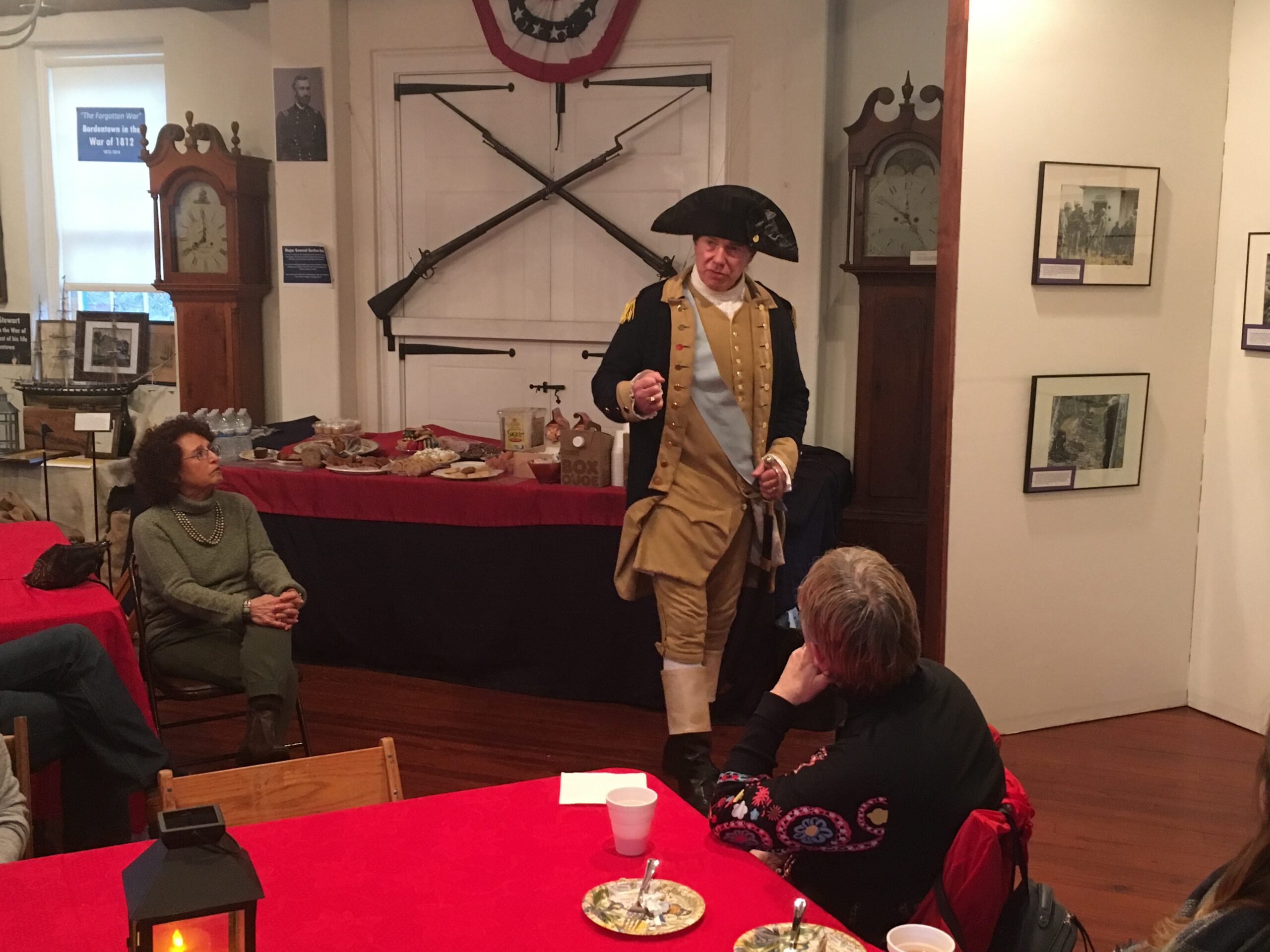“Feb. 22, Washington, we honor thee.” Those were the opening words of a song we sang in the first grade. We also sang, “Ole Abe Lincoln came out of the wilderness.” For many years we celebrated the birth of those two presidents in February. Now those two birthdays have morphed into Presidents Day, a day to honor the births of all presidents. Lincoln and Washington have been relegated to the role of bobblehead type caricatures in television ads for automobiles and appliances
George Washington is depicted as some regal aristocrat in paintings, showing him riding a white horse, or standing in a boat crossing the ice clogged Delaware, or staring up from a dollar bill. Remember, the American Revolution was just that – a revolution of British subjects in the British Colonies in America. These Colonial soldiers and their leader, Washington, were considered traitors to the crown. The British had a bounty on Washington’s head and they wanted to put rope around his neck.
This Virginia planter and surveyor was smart and tough. Washington came from a founding family of the Virginia colony. The plantations that he became steward of were originally built by his great grandfather.
The Virginia colony was actually a commercial venture, a part of the British Colonial Empire. In size it included the area that is now West Virginia; the colony bordered on the frontier of that time. To the north was the Ohio territory occupied by the French and their native allies. To protect their land holdings in this northern area, the Virginia House of Burgesses raised up a militia with Washington as an officer.
Washington got his advanced military education during this service and the subsequent French and Indian War. Naturally, the Virginia colony was allied with the British in that conflict. Col. Washington learned the battle tactics and strategies used by both the British and their Indian allies during the war. He brought this knowledge to the table when the colonies revolted against the crown.
On paper, the Colonial forces under Washington were no match for the larger, well-equipped British Army and their supporting Naval Armada. Washington’s meager volunteer army could not engage in the same open field block style combat formation as the British had been trained. Employing his assets in stealth and using natural cover like trees, rock walls and buildings, much in the manner of the indigenous warriors; the “guerilla” activity of the Colonial forces inflicted great damage and concern to the more regimented European troops.
New Jersey is often called “The Crossroads of the Revolution.” From major battles, like Trenton, Princeton and Monmouth, and encampments like Jockey Hollow and Morristown, to minor skirmishes and attacks on British assets, Washington used the forests and hills of New Jersey to his advantage. Unable to cope with this “guerilla” style of warfare, the British evacuated the North to begin a southern campaign on the Yorktown Peninsula. Washington’s leadership and tactical ability earned this fledgling nation the support of people and the major nations of Europe in our quest for independence.
I don’t know if Washington cut down his father’s cherry tree. But, I do know, we Americans had the right man at the right time to sever our ties to a King and lead us on the path to becoming the world power we are today. I, for one, will have cherry pie on Feb. 22.
Richard A. Pender is the senior vice commander of American Legion Post 459 in North Brunswick. He writes the occasional historical column for Newspaper Media Group. He can be reached at [email protected].

